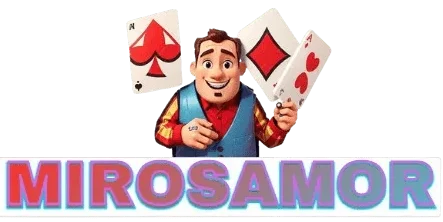In recent years, online games have proven to be more than just a form of entertainment. They are increasingly being recognized as slot gacor hari ini powerful educational tools that engage students in learning while promoting skills such as problem-solving, creativity, and teamwork. The integration of gaming into educational curricula, through both dedicated educational games and mainstream titles, is changing the way students approach learning. Online games offer interactive environments where learners can explore new subjects, solve complex challenges, and engage with peers in a collaborative setting, making education both engaging and effective.
One of the primary benefits of online games in education is their ability to foster problem-solving and critical thinking skills. Many online games, especially strategy games like “Civilization VI” or “Minecraft,” require players to plan, make decisions, and adjust strategies based on ever-changing circumstances. These games encourage players to think critically and develop creative solutions to complex challenges. For example, players in “Minecraft” must design structures, create systems, and navigate challenges, all while considering resource management and the most efficient use of materials. These skills directly translate to real-world problem-solving, where similar strategic thinking and adaptability are essential.
Online games also provide opportunities for experiential learning, where students can interact with educational content in a hands-on way. Games like “Kerbal Space Program,” which simulates space missions, allow players to learn about physics and engineering while building spacecraft and completing missions. These games provide an interactive learning environment that traditional textbook methods cannot replicate. By engaging with these subjects in an immersive, simulated environment, students are more likely to retain information and develop a deeper understanding of the topics. Furthermore, the instant feedback loop in games helps learners correct mistakes, refine their approach, and improve their understanding of concepts in real time.
Another benefit of online games in education is their ability to promote collaboration and communication. Many educational games include multiplayer elements, encouraging students to work together to solve problems or achieve common goals. Games like “Overcooked” or “Fortnite” require teamwork and communication, which are key skills in both academic and professional environments. Through these games, students learn the value of collaboration, resource-sharing, and resolving conflicts. Moreover, the ability to play online with peers around the world exposes students to diverse perspectives, fostering a global sense of community and cultural exchange.
Despite these advantages, there are concerns about the potential drawbacks of online games in education. Excessive gaming may lead to distraction or disengagement, especially if not properly integrated into the curriculum. Additionally, the competitive nature of many online games could detract from the educational experience if students focus too heavily on winning rather than learning. However, when used thoughtfully, online games have the potential to revolutionize education by making learning more interactive, engaging, and fun, preparing students with valuable skills for the future.
